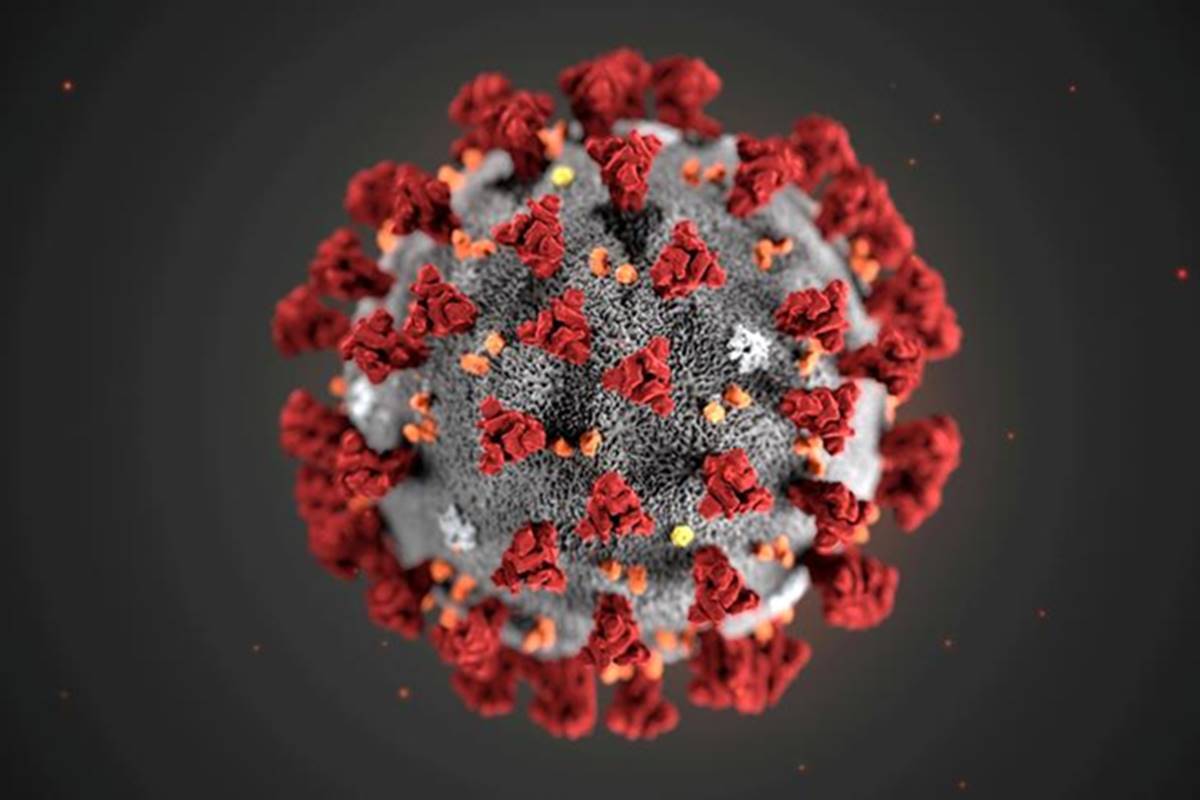Amid the Omicron fear, there are several studies and researches that are being done to understand the threat and spread of the variant. Recently a team of researchers have looked in the recent conducted studies on Omicron and they found that the overall threat from the variant is likely to be very significant.
According to the study, the Omicron variant of coronavirus infects and multiplies 70 times faster than Delta and the original COVID-19 strain, but the severity of illness is likely to be much lower than the previous one.
This is a peer-reviewed study which provides the initial information on how the novel variant of the concern infects human respiratory tract. The researchers from the University of Hong Kong found that Omicron infects and spreads 70 times faster than the Delta variant and original SARS-CoV-2 in human bronchial tube, which may explain why it may communicate faster between humans than previous variants.
A bronchial tube is a passage or airway in the lower respiratory tract that conducts air into the lungs. The study also showed that the Omicron infection in the lung is significantly lower than the original SARS-CoV-2, which may show lower disease brutality.
The experimenters used ex-vivo cultures of the respiratory tract to understand why Omicron may differ in transmission and complaint inflexibility from other SARS-CoV-2 variants.
This system uses lung tissue removed for treatment of the lung, which is typically discarded, for probing viral conditions of the respiratory tract.
Michael Chan Chi-wai, Associate Professor at University of Hong Kong, and his platoon successfully insulated Omicron and compared infection from the variant with the original SARS-CoV-2 from 2020, and the Delta variant.
The platoon plant that the Omicron replicates briskly than the original SARS-CoV-2 contagion and Delta variant in the mortal bronchus.
At 24 hours after infection, the Omicron variant replicated around 70 times advanced than the Delta variant and the original SARS-CoV-2 contagion, the experimenters said.
Omicron replicated less efficiently — over 10 times lower — in the mortal lung towel than the original SARS-CoV-2 contagion, which may suggest lower inflexibility of complaint, they said.
“It is important to note that the severity of disease in humans is not determined only by virus replication but also by the host immune response to the infection, which may lead to dysregulation of the innate immune system,” Chan said in a statement.
“It is also noted that by infecting many more people, a very infectious virus may cause more severe disease and death even though the virus itself may be less pathogenic,” he explained.
Taken together with the recent studies that showed Omicron can partially escape immunity from vaccines and past infection, the overall threat from the variant is likely to be very significant, the researchers added.











